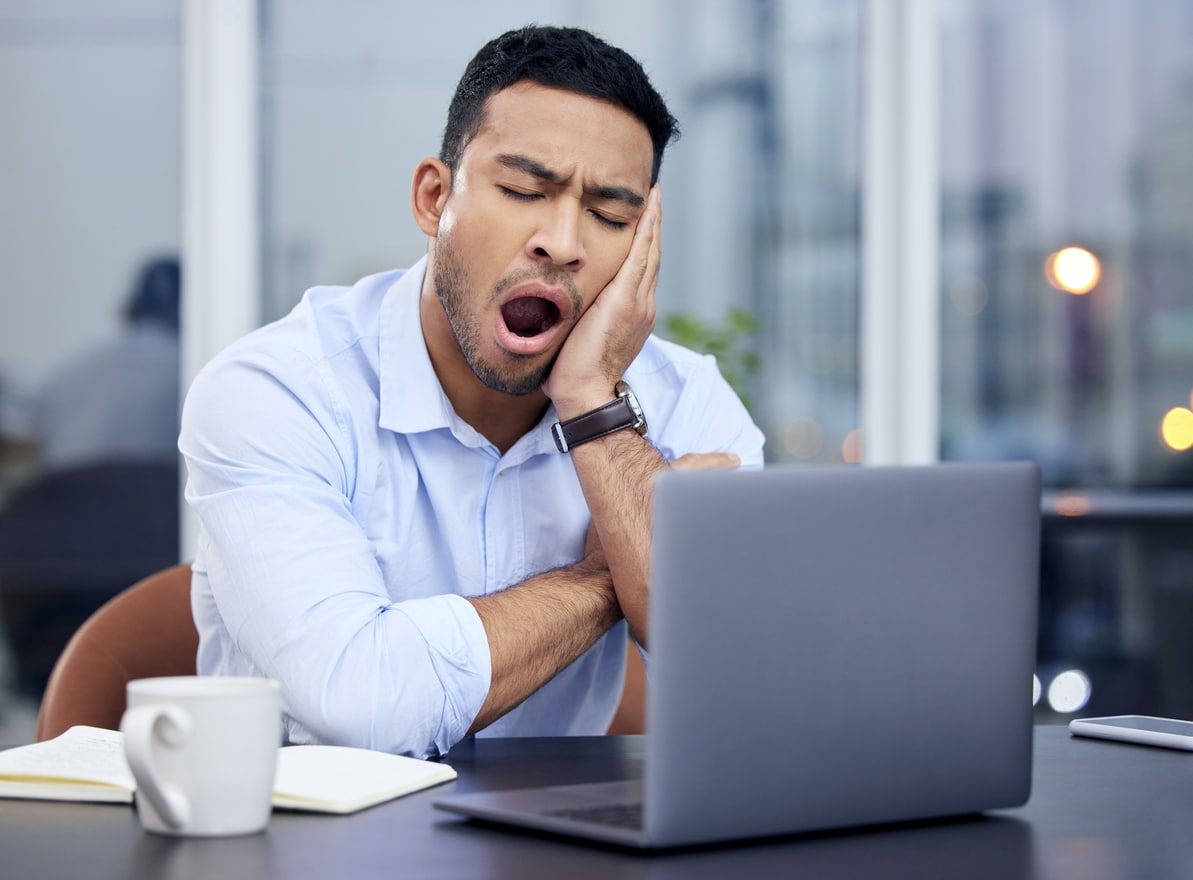Allergies are no fun for a lot of reasons. Not only can symptoms like nasal congestion, sneezing and itchy, watery eyes make you feel generally unwell, but they can also increase your fatigue as well.
What The Research Says About Allergies and Fatigue

A study published in 2018 compared patients with extreme seasonal allergies to those without allergies and compared both objective and subjective levels of sleep and fatigue.
The results showed that “allergic subjects displayed both increased fatigue, sleepiness and increased percentage of deep sleep compared to healthy subjects. Allergic subjects also had shorter total sleep time, regardless of the season.”
Why Allergies Can Make You Feel Tired
There are several reasons why allergies can increase feelings of tiredness, fatigue and reduce sleep quality. Some of these include:
- Inflammation. When you have an allergic reaction, your body activates antibodies and releases histamine. This causes allergic symptoms and increases inflammation in the body, which can cause fatigue.
- Symptoms keep you awake. Symptoms like congestion, postnasal drip, sneezing and coughing can all keep you up and night or cause sleep disturbances, leading to poorer sleep quality and fatigue the next morning.
- Allergy medication. Different types of allergy medication can affect sleep and fatigue in different ways. Antihistamines can often make you drowsy, so depending on when you take them, that could lead to increased feelings of tiredness. Alternatively, many decongestants contain stimulants that can delay sleep and cause you to feel tired the next day.
What You Can Do
Finding the right treatment for your allergy through either at-home remedies, medication or some combination of both can help reduce allergy-related fatigue. Some things you can do include:
- Identifying your allergens. If you aren’t sure what is causing your symptoms, consider visiting an allergist who can perform allergy testing to correctly identify what trigger or triggers you are reacting to.
- Avoid your triggers. Once you know your triggers, take steps to avoid them or minimize contact with them. This may include keeping your windows and doors of your home closed, regularly vacuuming and dusting your home and opting for indoor activities like a trip to The Museum of Contemporary Art in Georgia during high pollen days.
- Take allergy medication. Ask your allergist or primary care provider about what allergy medication might be right for you and when you should take it to help avoid fatigue.
- Try immunotherapy. You may be a good candidate for immunotherapy, which involves administering tiny amounts of an allergen to you over a period of time in the form of shots or drops to help desensitize you to it.
To learn more or to schedule an appointment, contact ENT of Georgia North today.